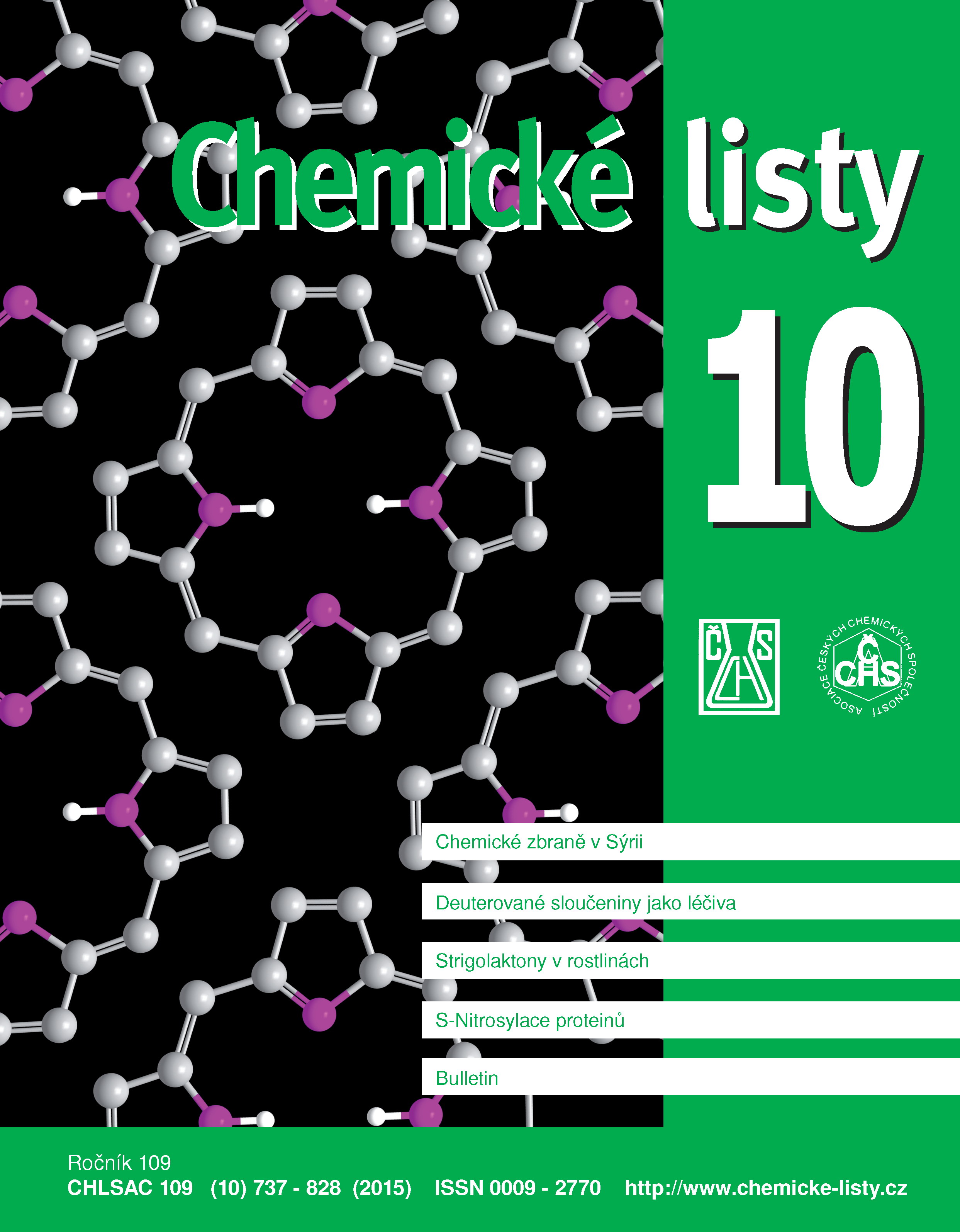Functions and Methods of Protein S-Nitrosylation Studies in Plants
Keywords:
nitric oxide, reactive nitrogen species, protein post-translational modifications, S-nitrosylation, S-nitrosothiolsAbstract
S-Nitrosylation, a reversible attachment of the nitrosyl (NO-) to thiol groups of cysteine residues in proteins is the most important post-translational modification in NO signalling. S-Nitrosylation is known to impact protein functionality, stability and its localization in cells.
This review summarizes the current knowledge of protein S-nitrosylation, its function and importance in plants, and presents a wide range of methods, which are actually used in medicine and plant research. More specifically, the regulation of plant proteins through a reversible S-nitrosylation, which are involved in the transduction of plant hormone signals, regulation of enzyme activities, induction of apoptosis and control of carbohydrate metabolism control were studied. Plant model research was focused on the identification of S-nitrosylated proteins in unstressed plants and in plants exposed to stress. Comparative analysis of the S-nitrosoproteom under control and stress conditions is an important tool for providing information on the biological relevance of NO signalling under various stress conditions. The main aim is to obtain a deep insight into the signalling pathways associated with reactive N and O species.





